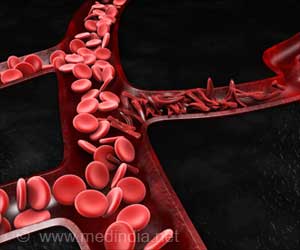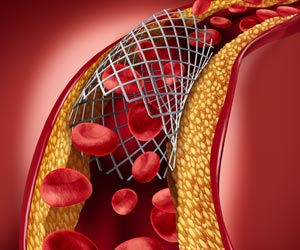Individuals are prone to food borne infections when their gastric acid level takes a plunge.
Individuals are prone to food borne infections when their gastric acid level takes a plunge.
Gastric acid plays a key role in inhibiting infectious agents from reaching the intestine and distribution levels noted in fish, amphibians, reptiles, birds and mammals indicate evolutionary advantages.The study was conducted using a mice model where a healthy mice and hypochlorhydric mice was infected with four pathogens.
Hypochlorhydria is a condition that occurs when gastric acid levels in the stomach are abnormally low and is commonly linked to increased risk of infection.
The findings revealed that significantly higher numbers of all pathogens survived in the hypochlorhydric mice.
The also found that infected mice treated with antacids were more prone to infection due to the absence of the gastric acid.
“Apart from establishing the role of gastric acid in nonspecific immunity to ingested bacterial pathogens, our model provides an excellent system with which to investigate the effects of hypochlorhydria on susceptibility to infection and to evaluate the in vivo susceptibility to gastric acid of orally administered therapies, such as vaccines and probiotics,” said the researchers.
Advertisement
Source-ANI
SPH/L











